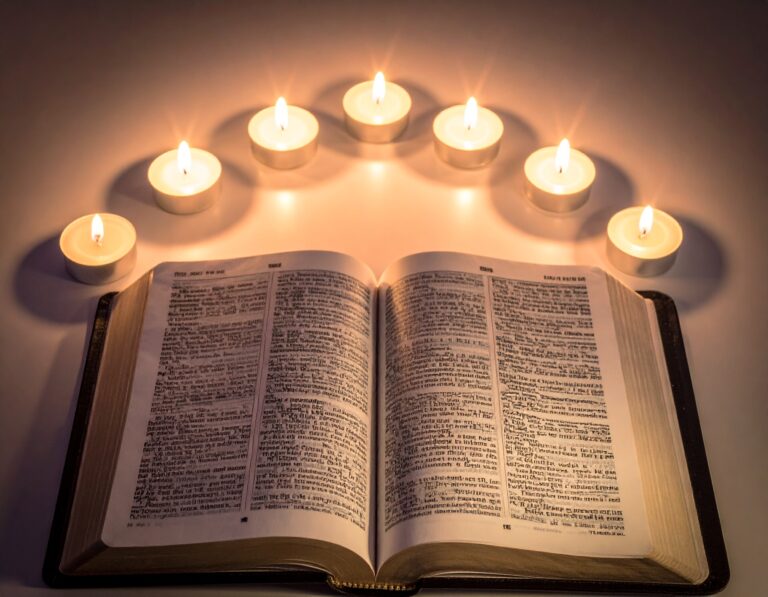What Did They Cry?
In Judges 4:1-7, when the Israelites cried out, what did they have to say? With Psalm 123 included along with Judges 4:1-7 in Proper 28 / Ordinary 33 / Pentecost +27, I think we have an interesting possibility for preaching on prayer in trouble.
My basic starting point would be to suggest to the congregation that they imagine themselves in deep trouble. How should you pray? Would it be Psalm 123 with a simple statement that you’ve had it and God needs to show you some mercy? Would it be more complicated. One could try a number of different prayers, and ask the congregation which is the “best” one.
- The arrogant prayer–I’m one of the good guys, Lord, so why haven’t you helped me?
- The self-deprecating prayer–I don’t deserve anything, of course, I’m completely worthless, but could you help anyhow?
- The desperate prayer–I’m at the end of my wits. If you don’t help me, I’m done for!
- The bargaining prayer–if you help me now, I’ll be faithful forever. (This would be a good time to look elsewhere in Judges for the behavior of the Israelites.
- The thankful prayer–if you can think of things to thank the Lord for. (Note that just because God is doing lots of good things doesn’t mean that we will notice them!
The Israelites have brought all of this on themselves, according to the text, and it is God who sent the oppressor. Does that change the way one should pray? There are those who always rebuke Satan in times of trouble, but is it necessarily Satan who is acting?
Finally, does the prayer one offers change God’s response to the situation?

